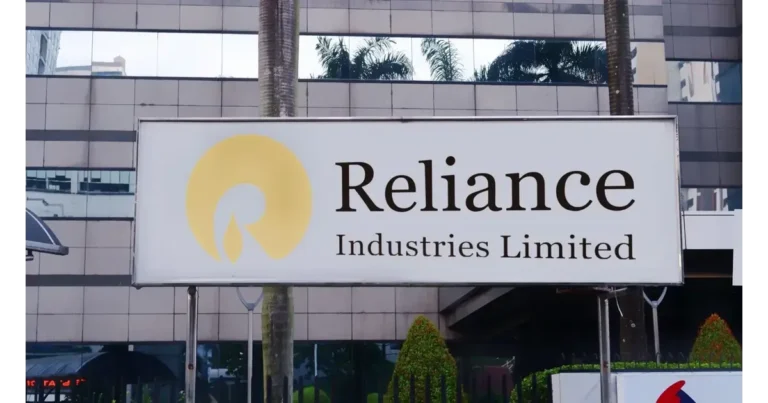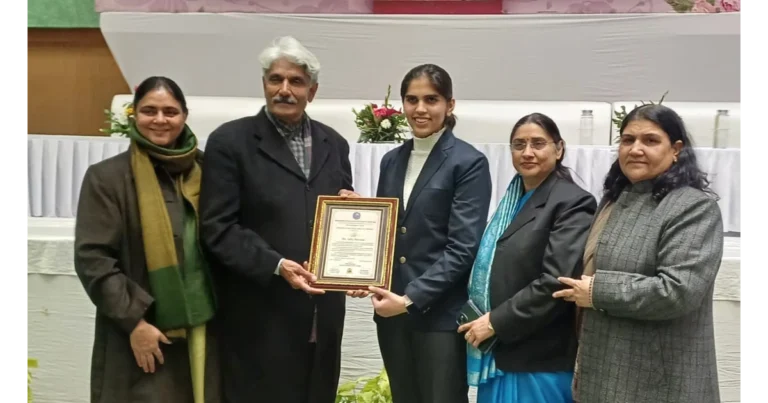
Delay in Formation Raises Concerns Among Central Employees
Nearly ten months after the Central Government announced the 8th Pay Commission, its formal formation is yet to take place. This delay has raised concerns among central employee organizations, who are now urging the government to issue the notification for its constitution without further delay. The government, on its part, has confirmed that steps are being taken promptly, and there is speculation that the notification could be issued next month.
Central Secretariat Service Forum Highlights Past Precedents
The Central Secretariat Service Forum has been vocal about the delay, emphasizing that the 7th Pay Commission was constituted approximately two years before its recommendations were implemented. This lead time allowed for comprehensive research and timely submission of recommendations. In a letter to the Prime Minister, the forum stressed the need for a similar timeline to ensure central employees receive timely benefits from the 8th Pay Commission.
Key Details About the 8th Pay Commission
- The 8th Pay Commission was approved by the central government in January 2025 but has not yet been formally constituted.
- The term of the 7th Pay Commission is nearing its conclusion in December 2025.
- Timely formation is crucial to ensure central employees receive benefits without delay.
- Notification for the commission’s formation should be issued at the earliest.
- Appointment of the chairman and members, along with a fixed start date for the commission’s work, is essential to meet deadlines.
- The forum has suggested that recommendations from the commission be effective starting January 1, 2026.
Timeline Estimates and Possibilities
If the notification for the commission is issued in November 2025, it is projected that the commission’s recommendations could be submitted by November 2027. Consequently, their implementation might take effect in January 2028. However, sources indicate that the government may adopt a faster formula, potentially enabling implementation from the beginning of 2027. This approach would ensure employees benefit from the revised pay scales sooner than expected.
Conclusion
The timely formation of the 8th Pay Commission is critical for central employees awaiting pay revisions. With government assurances of expedited action and continued pressure from employee organizations, there is optimism that the commission will be constituted soon, ensuring recommendations and benefits reach employees promptly.





